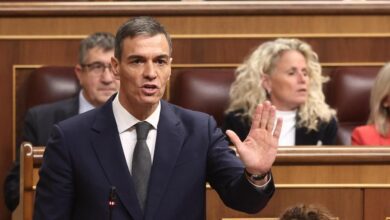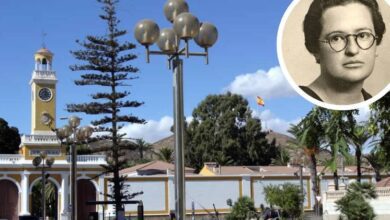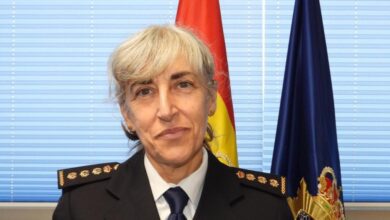
On Saturday, Spain bid farewell to Guillermo Fernández Vara, who passed away at the age of 67. For many residents of Extremadura, his name had long become a symbol of change and stability. Over the past two decades, he was repeatedly at the center of political events, leading the region at different times and leaving a significant mark on the history of the autonomous community.
Fernández Vara’s career began in medicine: he earned a medical degree and worked as a forensic expert. He entered politics in the 1990s, taking on posts in the regional government where he oversaw social protection and healthcare. After Juan Carlos Rodríguez Ibarra stepped down in 2007, Vara led the socialists of Extremadura and became president of the autonomous region. His priorities included developing infrastructure, supporting education and healthcare, and combating unemployment.
In 2011, the socialists lost power, but four years later Vara returned to lead the region, winning an absolute majority. He confirmed his mandate in 2019, but in 2023 handed over his position to members of another party and moved to the Senate, where he took on one of the leadership roles.
The final months of the politician’s life were overshadowed by a serious illness. Despite the diagnosis, he remained present in public life and continued to participate in political processes, although he appeared in public less frequently. He was respected not only within his own party but also beyond the borders of Extremadura. After his death, the region declared a period of mourning, and both colleagues and opponents acknowledged his contribution to the development of the autonomy and the country as a whole.
Guillermo Fernández Vara was more than just a politician; he was someone who knew how to listen and negotiate. His passing was a blow to many who had worked alongside him or followed his career. In Extremadura, his name will be remembered as an example of public service and a commitment to change without abrupt actions or conflict.












